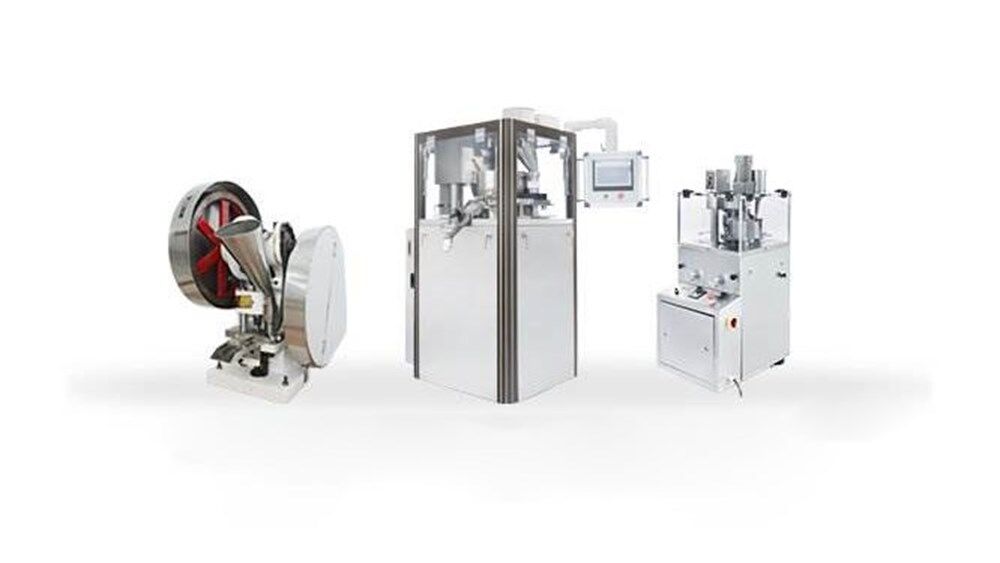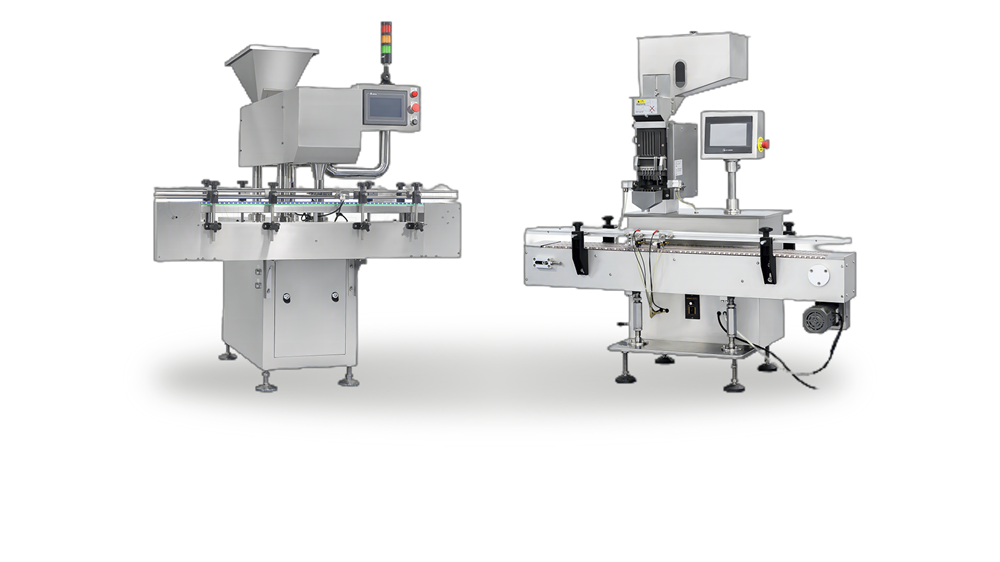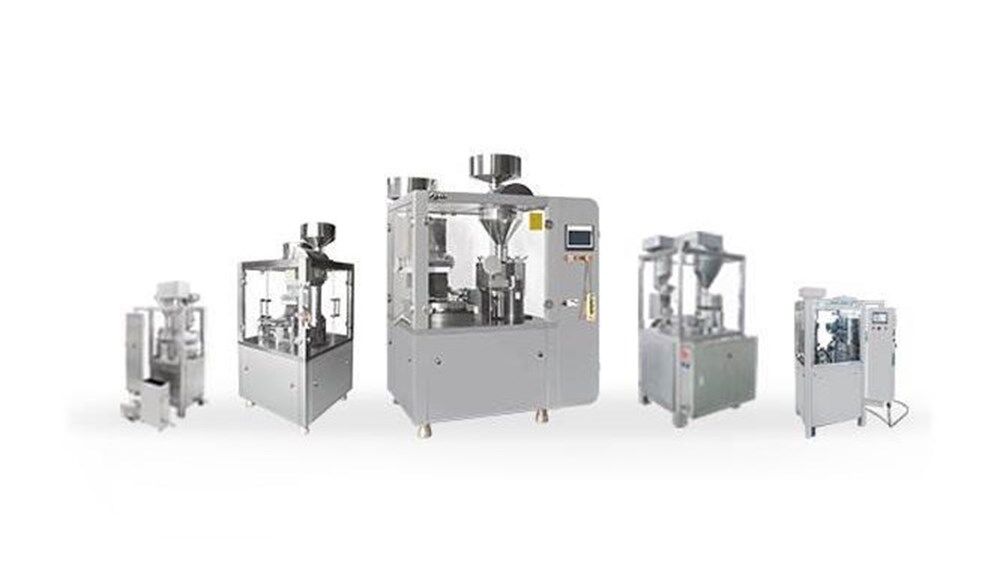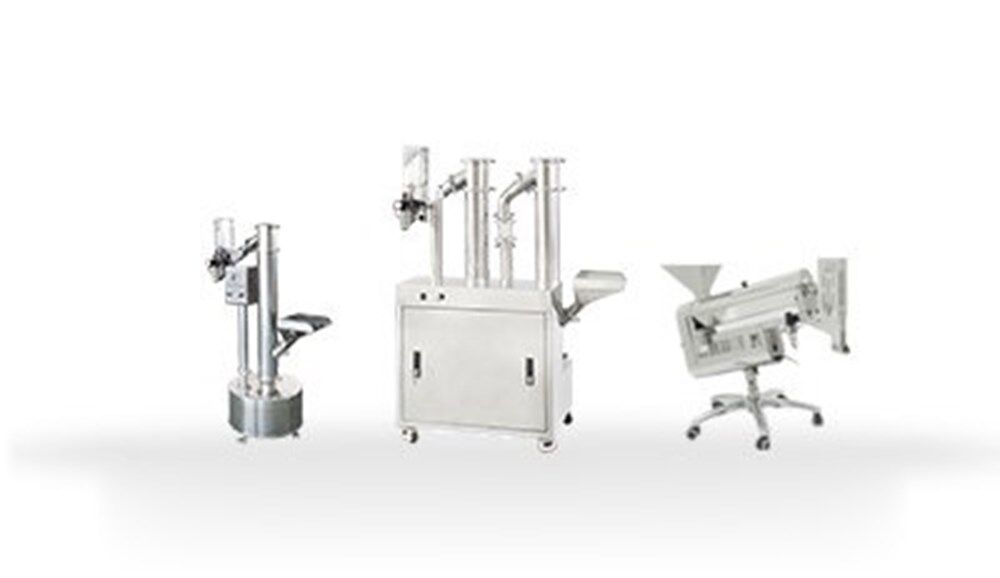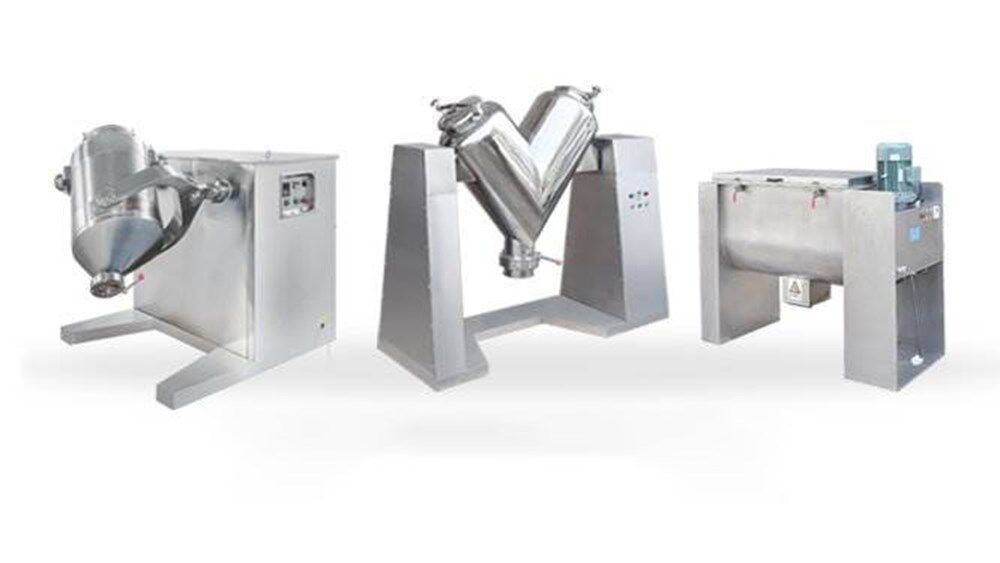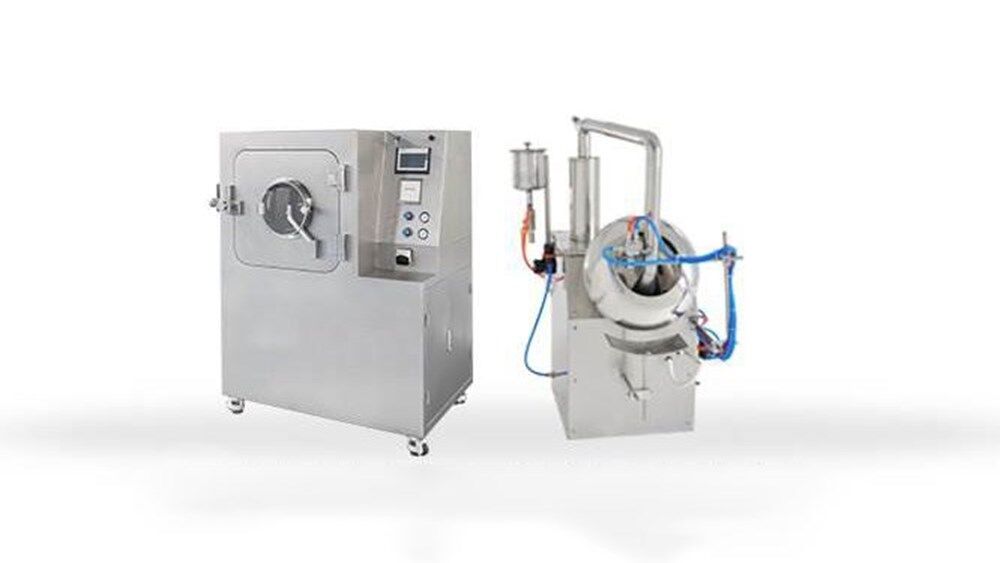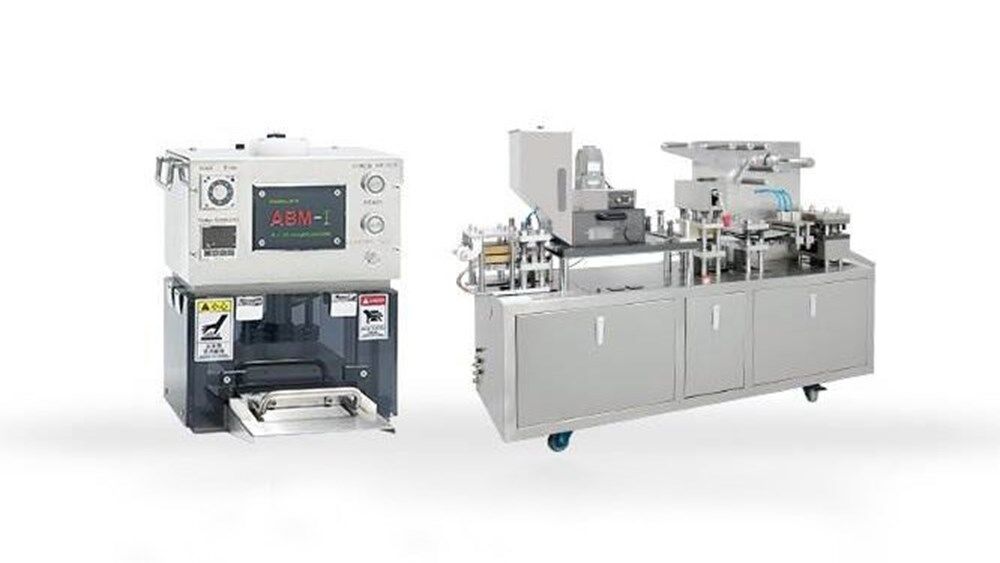Explore 6 Must-Know Capsule Dosage Forms: Which Is Better?
In the pharmaceutical industry, the choice of dosage form is a critical aspect of drug development and delivery. A dosage form is a specific mechanism by which a drug is delivered to the body. It plays a pivotal role in the efficacy, safety, and patient compliance of a medication. Common dosage forms include capsules, gels, tablets, etc.
Among them, capsules are one of the most commonly used. It is because of their versatility, ease of administration, and good ability to protect active ingredients. If you want to make capsule dosage forms, it is important to understand each type and function.
What is Capsule Dosage Form?
A capsule is a solid dosage form in which the drug is enclosed within a shell. The shell could be hard or soft. This depends on the capsule usage. Capsules are a popular method for oral drug delivery. They provide a convenient and efficient means to deliver medication. Capsules can contain a wide range of substances, including powders, granules, liquids, etc. In addition, they come in various sizes, such as ovals, oblongs, etc.
Manufacturers always use capsule filling machines to complete the encapsulation process. You can choose manual, semi-automatic, and fully automatic capsule fillers. If you run a small business, the former two are good choices. The last one is usually preferred by large factories for mass production.
Advantages of Capsules
Capsules are easy to swallow and often tasteless. Their shells can also prevent the bad smell of medicine, making them preferable for patients. Capsules provide an effective barrier against atmospheric oxygen, moisture, and light. It protects sensitive active pharmaceutical ingredients from degradation. So the stability and shelf life of the medication could be greatly enhanced.
Capsules can be produced in various colors and sizes. So you can use this to differentiate your products from others. It helps advertise your brand with a unique attraction. This visual appeal can also help patients more easily distinguish medications and take them in the prescribed dosage.
Six Common Capsule Dosage Forms
There are many dosage forms of capsules in the market. They can be made of gelatin or plant-based materials. It depends on your production needs and customer preferences. Besides this, there are some common capsule dosage forms you should know. Now let’s have a look.
Hard Capsules

Hard capsules are composed of two rigid shells, the body and the cap. They can stick tightly together to enclose the medication. Hard capsules are typically used for powdered or granular substances, as well as pellets or beads.
Hard capsule manufacturing involves creating a special liquid from gelatin and water. Sometimes, plasticizers are also added. This liquid is poured into molds to make capsule shapes. After they cool down and harden, check capsules for fit. Then a capsule filling machine is needed. It helps fill the drug into each capsule. After filling, you can check if they are sealed well.
Soft Capsules

Soft gelatin capsules are one-piece capsules made from a more flexible gelatin. They are often plasticized with substances like glycerin or sorbitol. Softgels are typically used for oils, active ingredients dissolved or suspended in oil. And some of them are able to include semi-solid formulations.
This form is suitable for oily or lipid-soluble drugs, which can improve bioavailability. Softgels are also preferred by consumers due to their smooth texture and ease of swallowing. However, compared to hard capsules, soft capsules are more expensive to produce. Because they require specialized equipment and more stringent controls during manufacturing.
Enteric-Coated Capsules
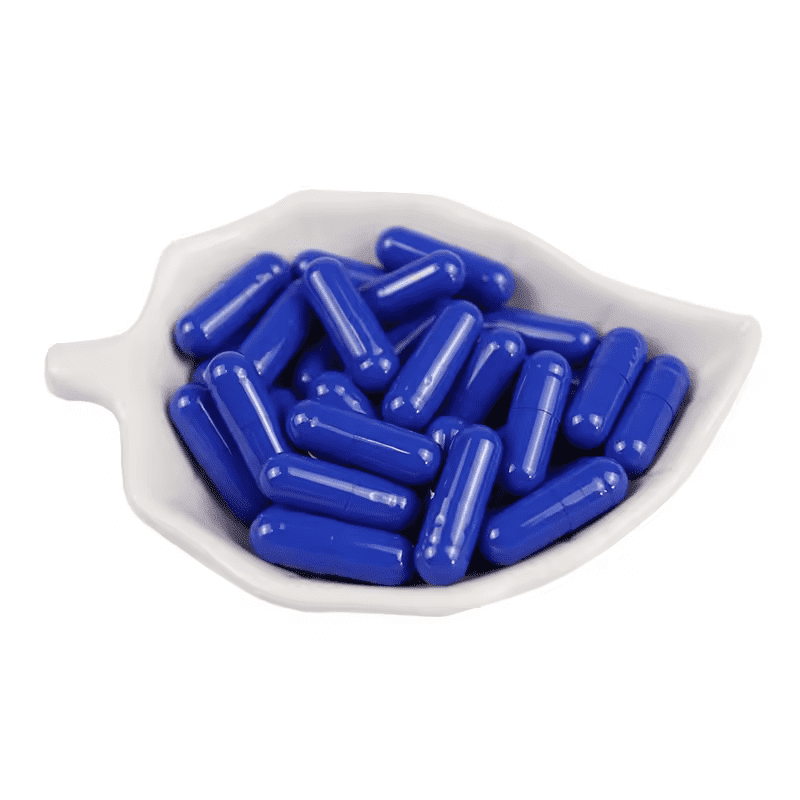
Enteric-coated capsules are designed to resist the acidic environment of the stomach. They release the contents in the more neutral pH of the intestines. This coating protects sensitive drugs from stomach acid and prevents irritation to the stomach lining. Examples include certain antibiotics, proton pump inhibitors (PPIs), etc.
To make enteric-coated capsules, first, a special coating liquid is made by using polymers. Next, this coating is put on already-filled hard or soft gelatin capsules. After that, the capsules are dried and sometimes cured to make sure the coating works well.
Extended Release Capsules

Extended release capsules slowly release medicine over time to maintain its effects longer in the body. They are used for medicines that need to manage symptoms and reduce side effects. These capsules are made with different polymers and techniques. So they can be ensured the medicine is released slowly and steadily, instead of all at once.
The extended-release mechanism allows patients to take medicine less frequently. However, making extended release capsules can be complex and requires precise manufacturing processes. It can make them more expensive than regular capsules.
Delayed Release Capsules
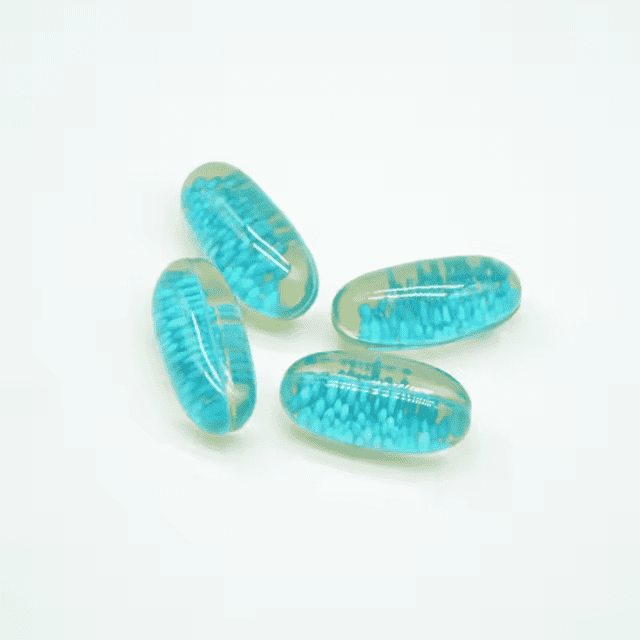
Delayed release capsules are able to release medicine later in a long time. They are mainly used for drugs that require stable efficacy for a long time. These capsules have a special coating that protects the medicine from stomach acid. So it dissolves only in the intestines. The good thing about these capsules is they protect your stomach and help the medicine work better.
However, they are harder to make and cost more. Because they have a similar manufacturing process with enteric-coated capsules.
Controlled Release Capsules
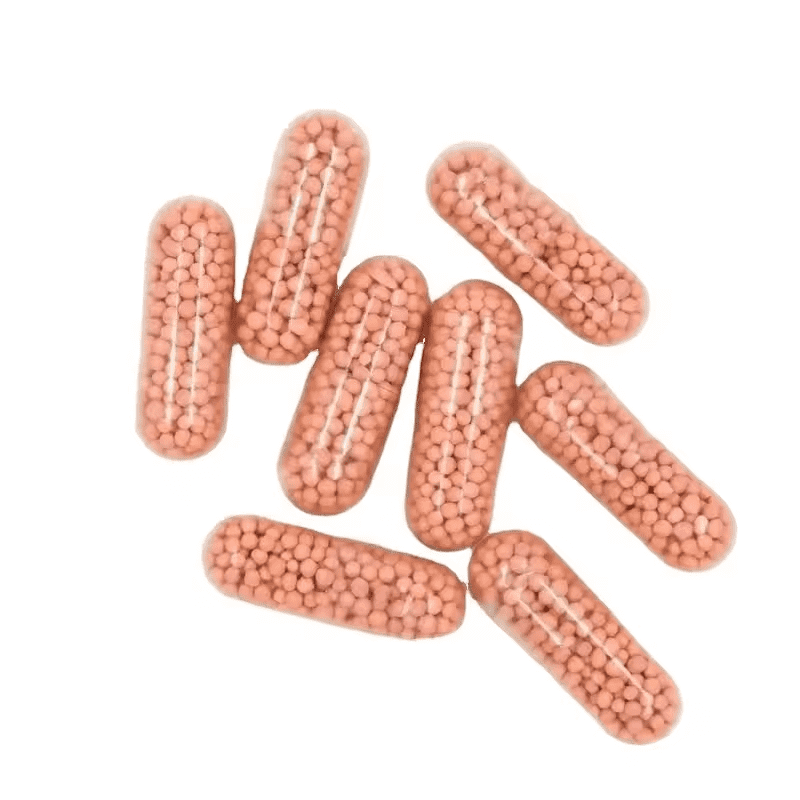
Controlled release capsules are designed to deliver a drug at a predetermined, controlled rate over a specific period. This allows the medication to be released in a consistent and predictable manner. Common examples include certain pain relievers, antidepressants, blood pressure medications, etc.
This type helps keep optimal therapeutic levels in the bloodstream for an extended time. The main purpose of controlled release capsules is to improve patient compliance by reducing the frequency of dosing. But it requires sophisticated technology and processes to make. So the cost is higher than normal capsules.
The three forms above all belong to modified release capsules. Besides these, they also include other types of mechanisms, such as sustained release. These types can be combined flexibly to achieve desired effects.
The End
Capsules are a versatile and essential dosage form in the pharma and nutritional industries. They offer numerous benefits for drug delivery. Each type of capsule has its unique properties and applications, making it possible to meet specific medical needs. If you want to make these high-quality capsules, contact us to get premier capsule filling machines for your business.
Leave your comment
Also Offers
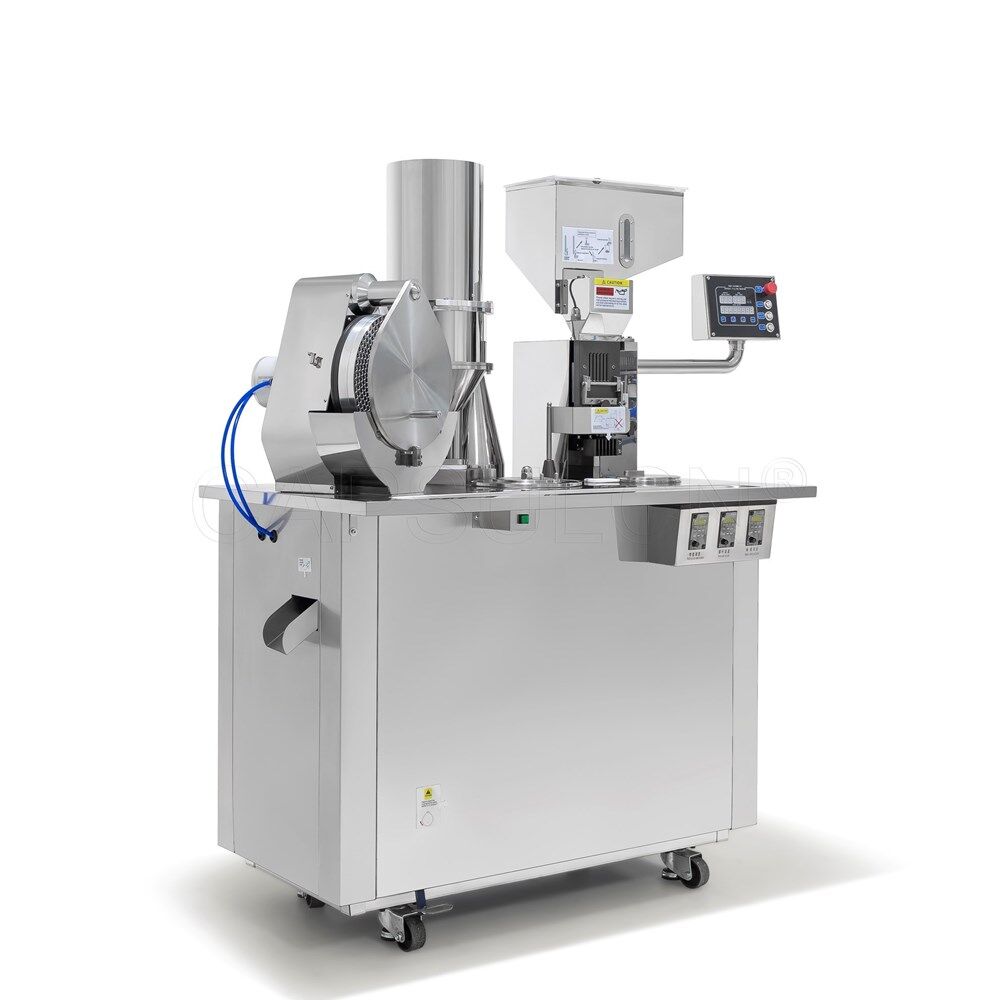
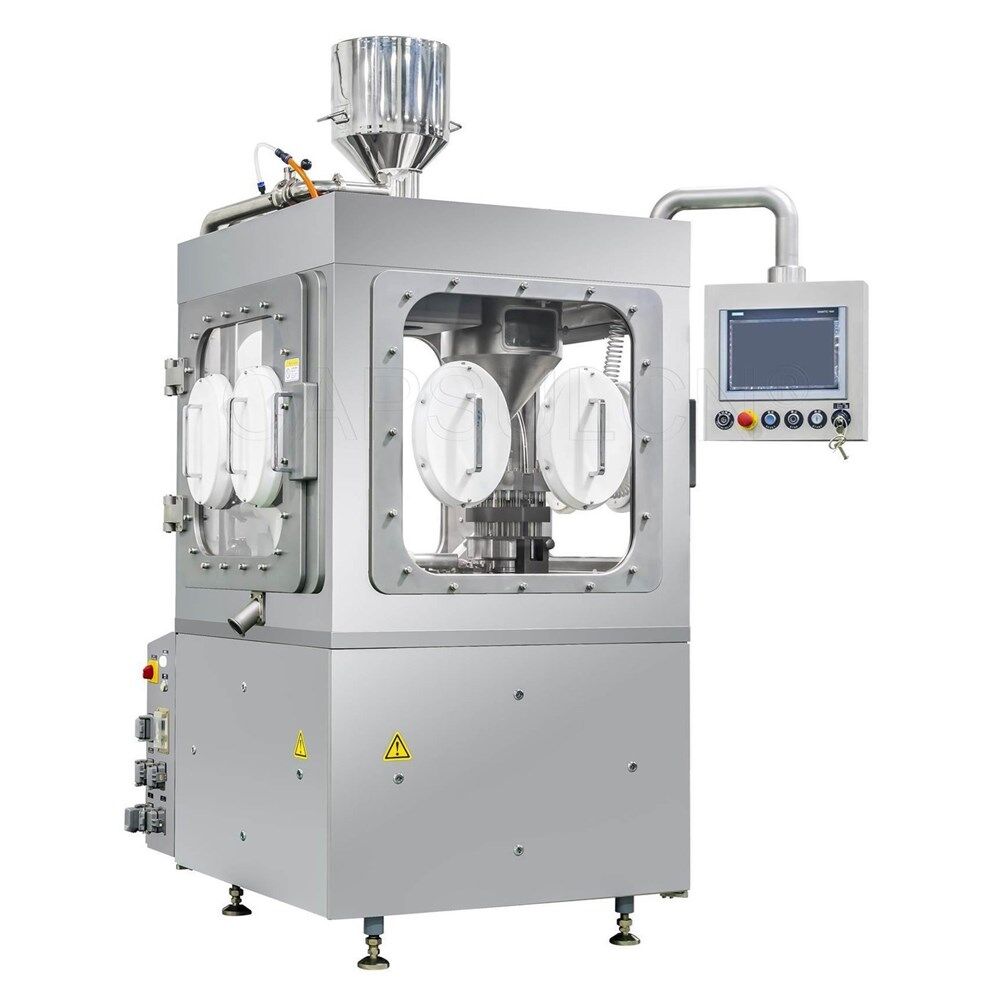
Containment Automatic Capsule Filling Machine SFK-703
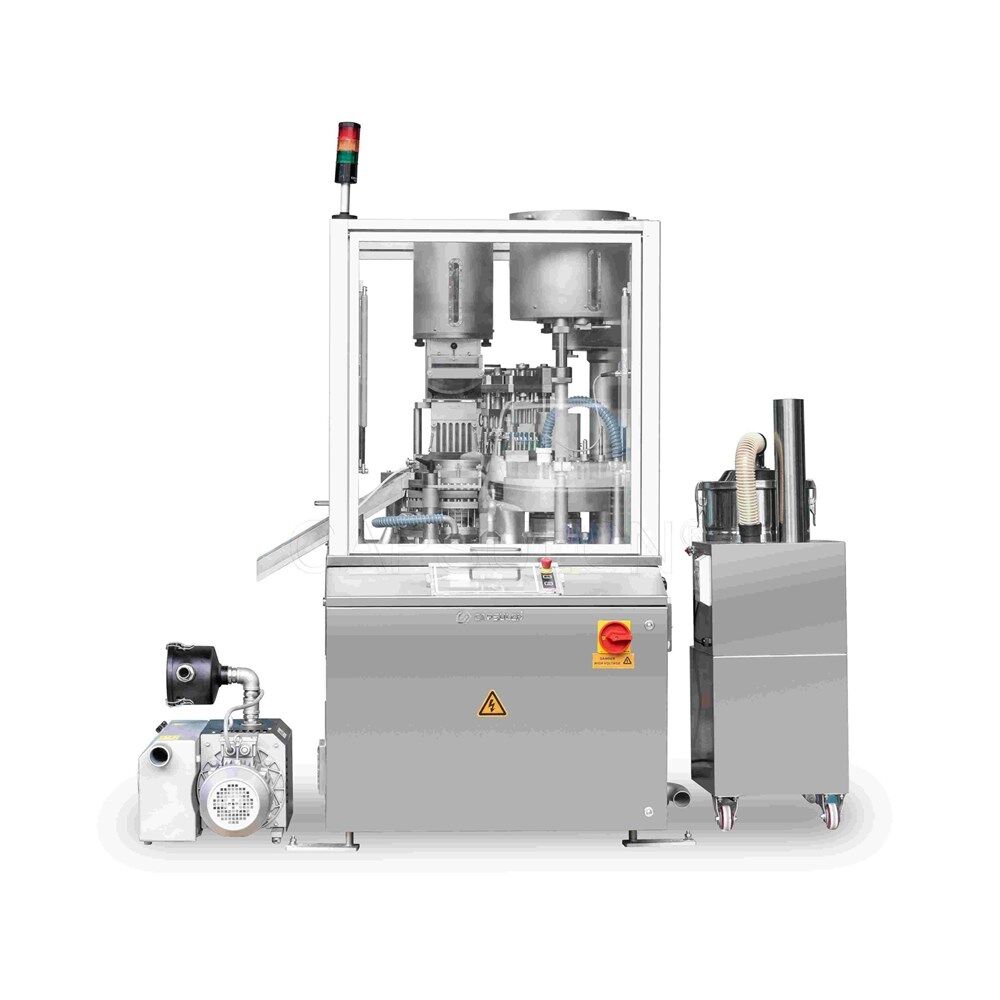
Fully Automatic Dosator Capsule Filling Machine CZ-40

Our Team
As an expert in the pharmaceutical and pharmaceutical packaging industry, iPharMachine has provided solutions for hundreds of pharmaceutical and health product manufacturers for 17 years. By visiting customers, we get good reviews from our customers.
- info@ipharmachine.com
- English Español Deutsche
